Apple Inc.'s iTunes digital jukebox software is downloaded 1 million times per day and has an active user base of 500 million users, the company said during annual developers conference on Monday.
"We believe that this new strategy to give Windows users a taste of Safari will help the mass market become much more familiar with the iPhone interface, driving higher sales long-term," he wrote in a research note to clients on Tuesday. "As a result, this strategy shift seems like a brilliant move—showing how iTunes can be used as a Trojan horse to push the Apple ecosystem into new frontiers."
Reitzes, who had a chance to speak with members of Apple's senior management both before and after Monday's WWDC keynote address, said he also believes the company has a full pipeline of products including new iPods and Macs, as well as additional content and iPhones which could come later in fiscal 2007 into fiscal 2008.
"We would use any weakness in shares due to 'selling on the news' as a good buying opportunity," he advised clients.
During his WWDC keynote, chief executive Steve Jobs noted that Apple has had five major OS releases since March 2001, with Tiger being the company's most successful software product to date. There are 22 million active Mac OS X users right now, he said, with 67 percent of them running Tiger and 23 percent running Panther.
Given all of the improvements in Leopard, Reitzes told clients that he believes the next-generation Apple operating system could experience adoption even greater than Tiger when it starts shipping in October. He noted that in its first quarter of shipping Tiger (fiscal 3Q05), Apple reported software sales of $345 million (+64 percent year-over-year and +44 percent quarter-to-quarter), including Tiger revenue of about $100 million.
"The company indicated that well over 2 million copies of Tiger were sold, resulting in the single largest quarter of sales for any OS release in Apple’s history," the analyst wrote. "With the help of Tiger, Apple grew Mac units 35 percent year-over-year to 1.2 million units (11 percent sequential growth) and was able to boost its worldwide PC market share from 2.3 percent share in calendar 1Q05 to 2.5 percent share in calendar 2Q05."
Given a larger installed base and the advanced features of Leopard, Reitzes said his December quarter estimate for Apple’s software segment growth of 48 percent year-over-year and 44 percent quarter-to-quarter could be conservative, helping support margins. He estimates that gross margins for Leopard "will top 80 percent."
Despite his findings, the UBS analyst maintained his recently raised estimates for Apple's third fiscal quarter ending June, which includes a per-share earnings estimate of $0.71, reflecting projected revenue growth of 19 percent year-over-year to $5.21 billion (down 1 percent sequentially) with gross margin of 32.1 percent and operating margin of 15.1 percent. The estimate factors in iPod unit growth of 19 percent year-over-year to 9.6 million and Mac growth of 25 percent year-over-year to 1.66 million.
Reitzes also held his fiscal 2007 per-share earnings estimate of $3.55, reflecting projected revenue growth of 23 percent to $23.7 billion, gross margin of 32.2 percent, and operating margin of 17.0 percent. It factors in projected iPod unit growth of 34 percent to 52.7 million, while our Mac estimate calls for 6.7 million units reflecting 27 percent growth.
For fiscal 2008, the analyst is estimating earnings of $4.12 per share, based on projected 29 percent revenue growth to $30.6 billion and operating margin of 15.7 percent.
"We believe our estimates may prove conservative given that we think the iPhone launch and associated buzz could create another version of the 'multiplier effect' we introduced in our early 2004 upgrade thesis. iPods multiplied Apple’s revenue streams into accessories and Macs and catalyzed Apple’s retail store revenue," he wrote. "We believe the iPhone could have a similar effect, driving sales of accessories, bolstering retail traffic, and helping drive more sales of iPods and Macs."
 Prince McLean
Prince McLean
-m.jpg)






 Oliver Haslam
Oliver Haslam
 Amber Neely
Amber Neely
 Marko Zivkovic and Mike Wuerthele
Marko Zivkovic and Mike Wuerthele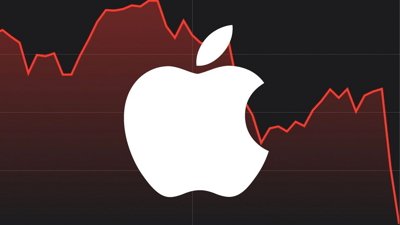
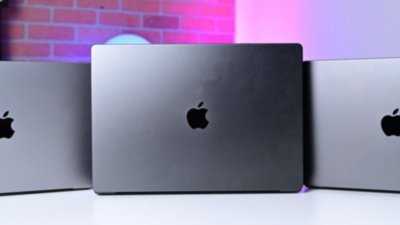
 Andrew Orr
Andrew Orr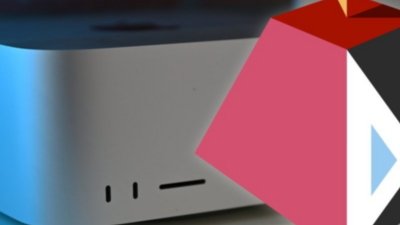
 Malcolm Owen
Malcolm Owen
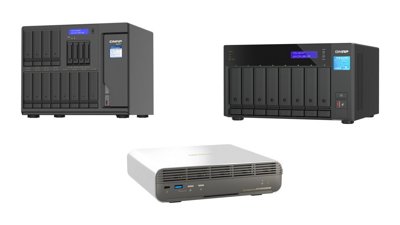
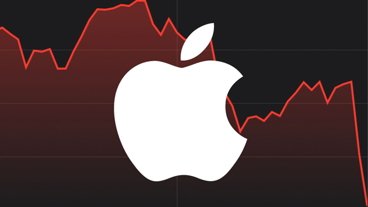
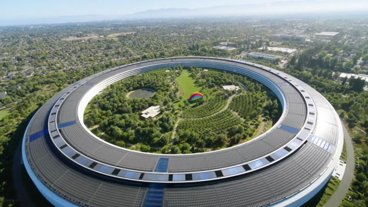
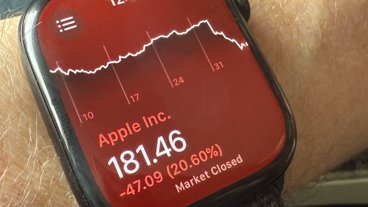







13 Comments
I hope those few websites not supporting Safari get on board now...give people one less excuse not to switch to mac.
"Apple Inc.'s iTunes digital jukebox software is downloaded 1 million times per day and has an active user base of 500 million users, according to the latest research from UBS Investment Research."
Yeah, I did the same research last night. I watched the keynote and heard Steve Jobs say this.
Given a larger installed base and the advanced features of Leopard, Reitzes said his December quarter estimate for Apple?s software segment growth of 48 percent year-over-year and 44 percent quarter-to-quarter could be conservative, helping support margins. He estimates that gross margins for Leopard "will top 80 percent."
After the lackluster Leopard announcements with *NO* secret features worth mentioning, I was thinking I might pass on Leopard. And, that others might do likewise, making Leopard look like Vista.
But, then I remembered that I need to get iChat theater/screen sharing so my remote workers can easily share their screens to be more productive. Looks like one of the 300 features may make me justify buying Leopard for the whole team. I wonder if many folks are feeling the same thing; nothing Wow, but at least one feature that makes the purchase very likely.
or..you could just have watched the keynote.
After the lackluster Leopard announcements with *NO* secret features worth mentioning, I was thinking I might pass on Leopard. And, that others might do likewise, making Leopard look like Vista.
But, then I remembered that I need to get iChat theater/screen sharing so my remote workers can easily share their screens to be more productive. Looks like one of the 300 features may make me justify buying Leopard for the whole team. I wonder if many folks are feeling the same thing; nothing Wow, but at least one feature that makes the purchase very likely.
For myself, I'm really interested to see how FAST Leopard is or isn't.
Every new release of OS X has been significantly faster than the one before it. Tiger's pretty good, but still not quite 'lightning' like I'd like it.
.